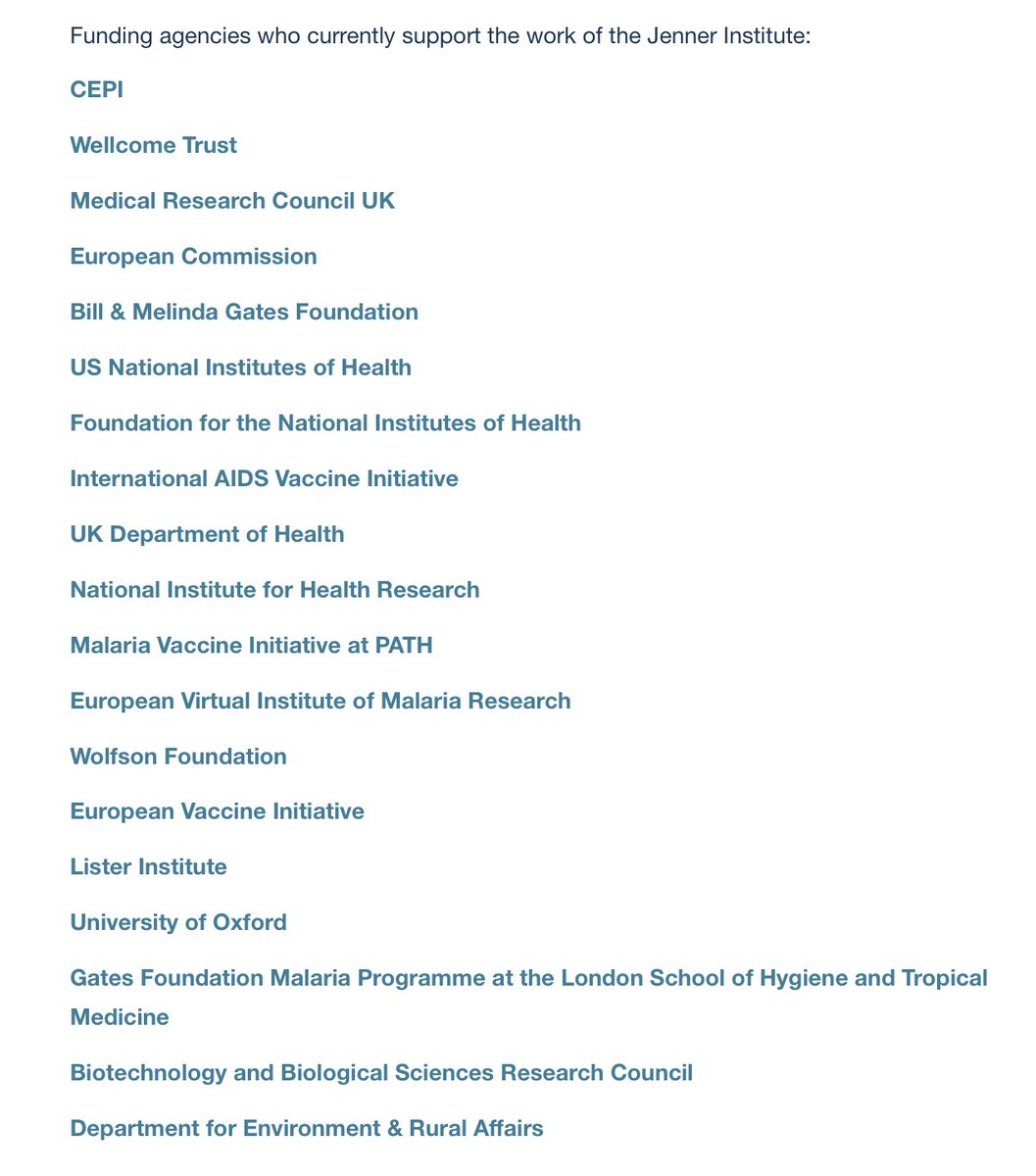
What if - hear me out - what if each regulator is deciding against the backdrop of its own country. Almost as if the German regulator decides for Germany and the UK one for the UK? Let's look at this - surprising - hypothesis /1
https://twitter.com/LBC/status/1379861185953169409
The UK program relies on AZ to a large extent. It does have other vaccines, though. So - following our hypothesis - it will be cautious replacing AZ, it will do so to a more limited extent.
Germany does not get that much AZ, because AZ delivers 1/3 of the originally scheduled deliveries. For a doze of AZ it has 3 of Pfizer. Accordingly it can "limit" the AZ recommendation more - because that still means that 100% of the AZ delivered will be used.
The mistake is to regard the German decision as an attack on the UK system or the UK decision as an attack on the German one. Each regulator decides for the circumstances of the country. And does not quite care about how the population of the other one takes the decision.
Oh great. I am late to the party.
https://twitter.com/jonathan_church/status/1379878335459815425?s=20
Curiously this seemed intuitive for US, Canadian, Swiss and Norwegian decisions. EU decisions were taken as relating to the UK. The no longer do. UK decisions no longer relate to the EU.
• • •
Missing some Tweet in this thread? You can try to
force a refresh



